By . Last updated Aug 2, 2013.
A geocaching treasure hunt for kids is best when simplified with an easy-to-use GPS. Several geocaching GPS devices are also made to be great for other outdoor activities like running and golf, Children don't require all the extensive features that adults like, so ideally these units would not be the best geocaching GPS units for kids. Your child doesn't need to a heart rate monitor, a golf shots planner or a bluetooth, so stick to what's germane to a young geocacher.
The purpose of a geocaching GPS is to store cache locations and coordinates and then help track them; and this is quite sufficient for kids. Additionally, many of the top geocaching GPS units come with support to read geocaching GPX files directly without converting them and this might be quite a blessing while downloading apps. Again stuff like pocket queries and the ability to log and record caches might not really be useful for children.
Framework : It's best if your kid's geocaching GPS has a good sunlight readable screen and weighs not more than 0.5 lb. Also it isn't possible to expect your child never to drop the GPS, and you donâ??t know where it might be dropped. So pick something rugged and waterproof. IPX7 is a suitable waterproofing standard for children since it withstands almost 30 minutes of dousing. Next, there's the issue of draining batteries as most kids don't do great when it comes to saving power. Look for around 10 to 15 hours of battery life or opt for a GPS that can run on external batteries too.
Tracking a cache : The basic functionality of a GPS is it's navigation prowess or for a geocaching GPS, its skill in tracking down your cache. This largely depends on two factors: it's reception and mapping.
Most GPS units come loaded with base maps which are great but are not good enough for more accurate searches. Geocaching needs detailed maps that provide all sorts of information from local and private roads to shops, lanes and exact boundaries. Then add to this a large waypoint capacity of 2000 or more which are customizable and it should be sufficient. A lot of people prefer having a built in compass too to aid in locating the cache once you're in its vicinity, but this is an extra and its utility really differs from person to person.
Reception : Geocaching often takes you into the woods where satellite reception is at its lowest and this is where an external antenna helps in enhancing the signals. To get the best reception out of your kid's GPS, make sure it has a 12 channel satellite support which is practically sufficient to lock accurate coordinates.
Moreover we've focused on outlining what makes for the best geocaching GPS for kids, but apart from this, do check out other things you might need, like other equipment or water supplies and external batteries.
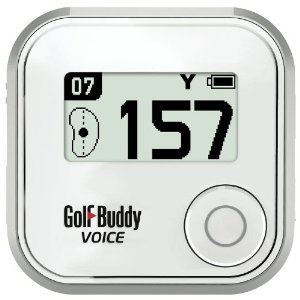
#1 |
#2 |
#3 |
#4 |
#5 |
|
|---|---|---|---|---|---|
|
|
|
|
|
|
|

|
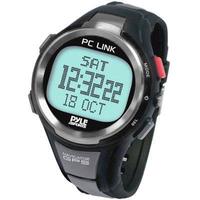
|
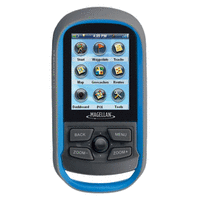
|
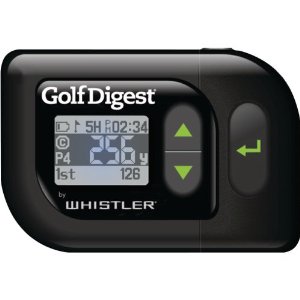
|
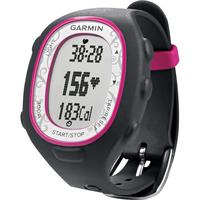
|
|
|
|
|
|
|
|
|
|
|
|
|
|
|
|
| Release Date |
|
|
|
|
|
| Designation |
|
|
|
|
|
| Map capabilities |
|
|
|
|
|
| Form Factor |
|
|
|
|
|
| Input Method |
|
|
|
|
|
| User interface |
|
|
|
|
|
|
|
|
|
|
© 2025 ReviewGist.com. All Rights Reserved.
Best Geocaching GPS for kids